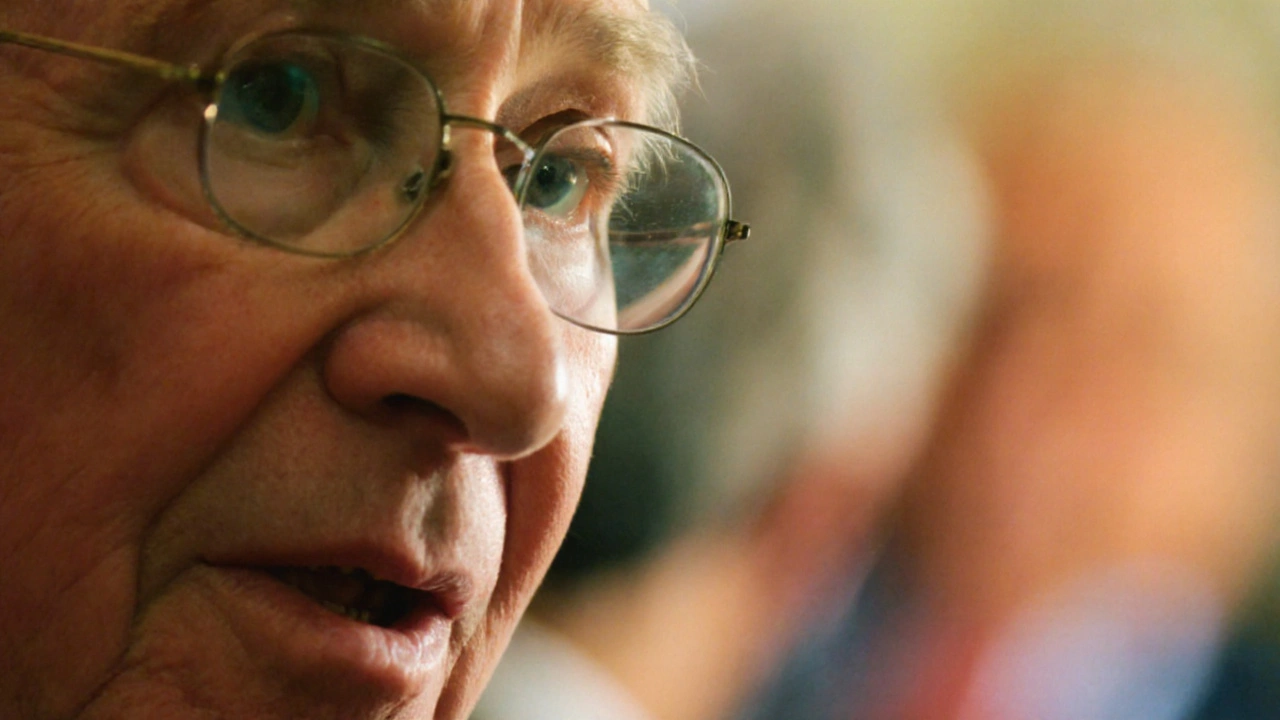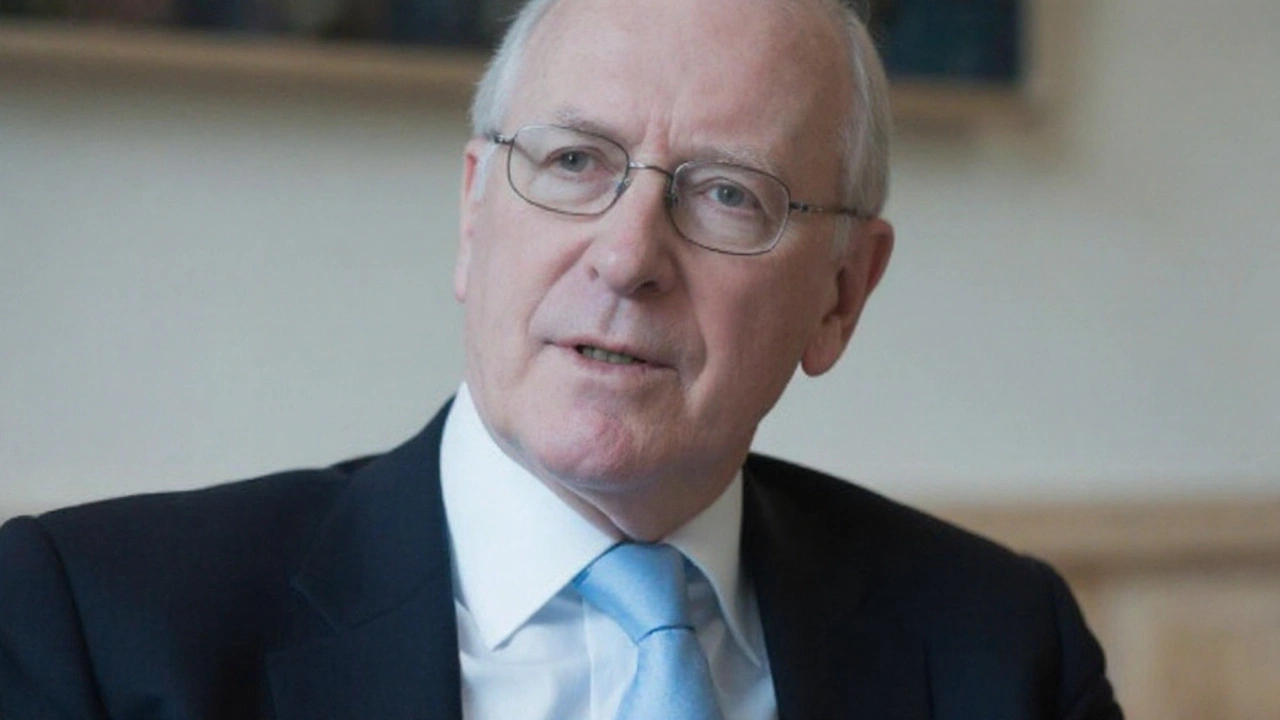Menzies Campbell’s 11 Most Memorable Quotes – The Man Behind the Words
 Sep, 27 2025
Sep, 27 2025
From the Track to the Westminster Corridor
Before you saw Sir Menzies Campbell in a suit, you might have seen him in running shoes, hurdling at the 1970 Commonwealth Games. Born on 22 May 1941, the Scotsman blended athletic discipline with academic rigor, earning a doctorate in physics before stepping into politics. In 1987 he won the North East Fife seat, a constituency he would represent for nearly three decades.
His political rise was anything but linear. A gifted debater, Campbell first made a name as the Liberal Democrat foreign affairs spokesman, loudly opposing the 2003 Iraq War. He warned that tying Britain’s foreign policy to the United States on a "my ally right or wrong" basis would be "profoundly illiberal" and unsustainable – a stance that still feels relevant today.
When the Liberal Democrat leadership vacuum opened in 2006, the party turned to the seasoned, soft‑spoken Menzies. He took the helm on 2 March 2006, promising to move the party from polite interjections to genuine power‑seeking. His tenure lasted only 19 months, but the quotes he left behind give a vivid snapshot of his priorities and personality.

Words That Shaped a Legacy
Campbell’s most repeated mantra was simple: Menzies Campbell put the environment at the top of his agenda. He famously declared, "We should be working towards a carbon‑neutral Britain by 2050. We should be working towards the elimination of petrol‑driven motor cars. The urgency of the problem is enormous." He hammered the point home with a three‑fold chant – "the environment, the environment, the environment" – turning policy talk into a rallying cry.
His ambition for the Liberal Democrats was equally clear. "Under my leadership the Liberal Democrats would not be making polite interjections from the sidelines, we would be hammering on the doors of power," he told his party. The confidence wasn’t empty; he boasted that in target seats, "we have been going like a bomb" and expected regional variations to favour the party.
One of his most quoted moments came at the Brighton conference in September 2007. He compared contemporary leaders to a tangle of soap‑opera characters: "Gordon wants to be like Maggie, but he doesn’t want to be like Tony… Now Dave, he wants to be like Tony, but he doesn’t want to be like William, or Iain, or Michael, and certainly not like Maggie either. Confused? You must be, but I don’t want to be like any of them." The humor cut through partisan bickering and showcased his knack for vivid analogies.
When speaking of former Labour leader John Smith, Campbell offered a respectful yet pointed assessment: "It can fairly be said of John Smith that he had all the virtues of a Scottish presbyterian, but none of the vices." The line reflected his admiration for the late leader’s integrity without lapsing into mere praise.
Campbell’s departure from the leadership was blunt and efficient. In October 2007, with Gordon Brown refusing an early election, he announced, "It has become clear that questions about leadership are getting in the way of further progress by the party. Accordingly I now submit my resignation as leader with immediate effect." The resignation highlighted his belief that internal doubts could cripple the party’s momentum.
Even in stepping down, Campbell left a talent‑spotting legacy. He elevated a 26‑year‑old Jo Swinson to the Scotland spokesperson role and gave Nick Clegg a high‑profile Home Affairs brief – moves that later helped the party secure a historic coalition in 2010.
Beyond the sound bites, Campbell’s style was decisive: he sought to shift the Liberal Democrats from the periphery to the centre of policy debates. Whether championing carbon neutrality or critiquing blind allegiance to the US, his words carried a blend of conviction, wit, and clear‑sightedness that still resonates with politicians and voters alike.